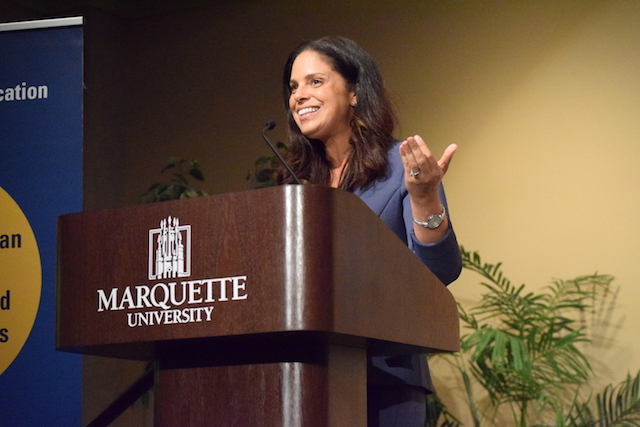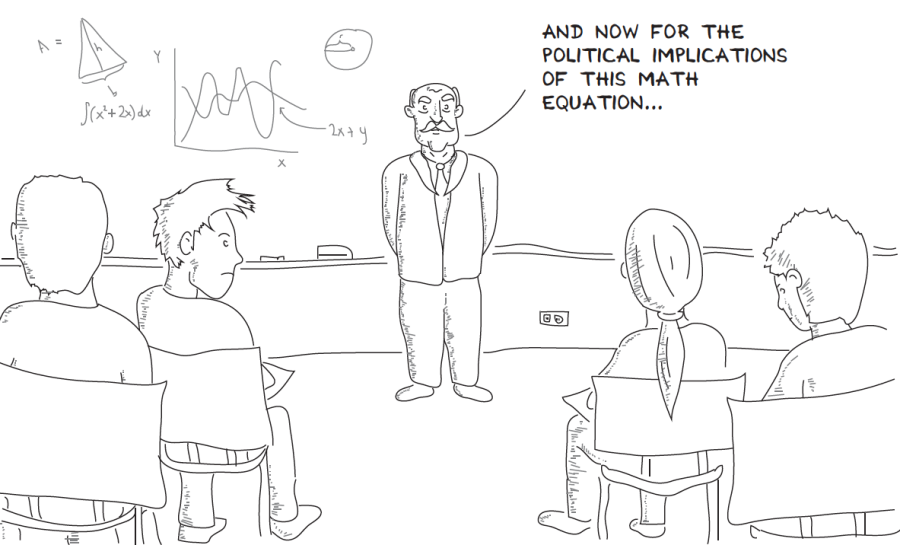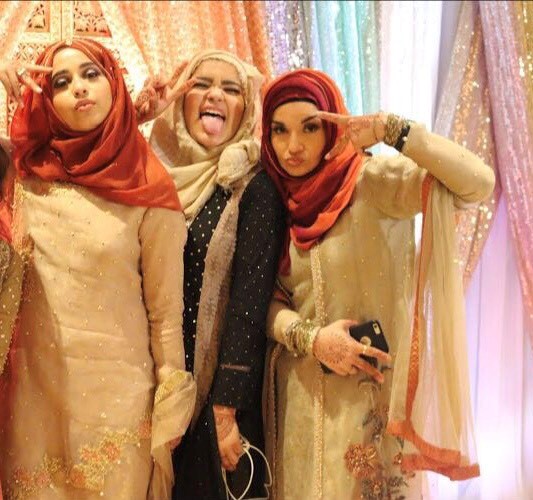I’d wager everyone reading this article knows the expression, “It’s impolite to talk about money, politics or religion.”
While this mentality is helpful for keeping conversation around a dinner table civil, I’m concerned that it is hindering discourse on college campuses around the nation. Marquette’s recent Organization Fest was an eye-opening experience regarding the state of political conversations on campus, or more accurately, the lack of political conversations.
While working at the Marquette Young Democratic Socialist table, I noticed we were situated between a libertarian and a conservative group. Basic knowledge of the American political spectrum indicates some conflict between the clubs, yet we got along relatively smoothly. Sure, we traded light-hearted jabs regarding our ideological differences, but conversation remained respectful. Fear of being ostracized for political beliefs restrains the willingness to discuss them, but that fear does nothing to improve the current political situation.
A good friend of mine is a conservative, red-blooded ‘Merican. I, on the other hand, am a Democratic Socialist. In the entire time we’ve known one another, we have had a grand total of zero political arguments. We just don’t talk about politics. Ever. We know we’re not going to change the other person’s mind, and we don’t want to aggravate our relationship. Every time the topic comes up, we acknowledge it and immediately pivot the conversation to something innocuous, such as ice cream flavors or how much we both enjoy “Top Gun.”
Even during class discussions, I tend to be reserved with my more radical beliefs because I worry about how the class will react. I think that this fear of publicly stirring the pot has permeated our campus. There’s certainly plenty of unspoken statements displayed around the grounds, from “Socialism Sucks” laptop stickers to “I Grab Back” pins. I’m sure we, as a student body, are more politically involved than we let on, but obscuring who we are ideologically is contributing to the decay of discourse and debate in this country.
Our ideas have been crammed into 140 characters on our phone screens and tablets. As the Internet becomes our primary forum for talking politics with one another, we end up trimming the meat from our arguments as opposed to the fat. We follow more and more like-minded people and inadvertently create these political echo chambers. This insulation has also demonized those people who don’t share our beliefs to an almost irreparable level.
A person’s political identity is integral to who they are as a person; however, it is not all they are as a person. There are certainly stigmas surrounding all political stances, and I think these stigmas are why we’re becoming more reserved in our political beliefs. If you’re afraid that people will assume you’re racist by being a Republican or that you’re a freeloader because you’re a Socialist, prove them wrong. Be confident in what you believe, and don’t be afraid of what others think. If they disagree with you, don’t call them names or mock their ideologies — talk to them.





